The Role of Evaluation in Research Projects
 This conversation and summary were originally released in the August 2022 CADRE Newsletter and are being repromoted on the Community Voices blog to provide continued support to prospective DRK-12 awardees during the proposal devleopment process.
This conversation and summary were originally released in the August 2022 CADRE Newsletter and are being repromoted on the Community Voices blog to provide continued support to prospective DRK-12 awardees during the proposal devleopment process.
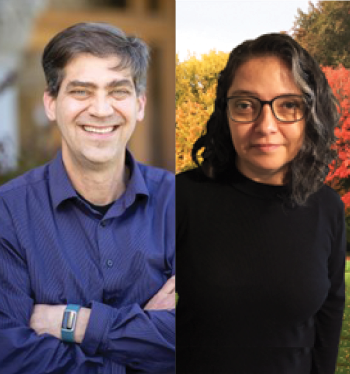 In this blog post, we briefly reflect on how family engagement in STEM learning has evolved as a research topic from the start of the NGSS era to the present day.
In this blog post, we briefly reflect on how family engagement in STEM learning has evolved as a research topic from the start of the NGSS era to the present day.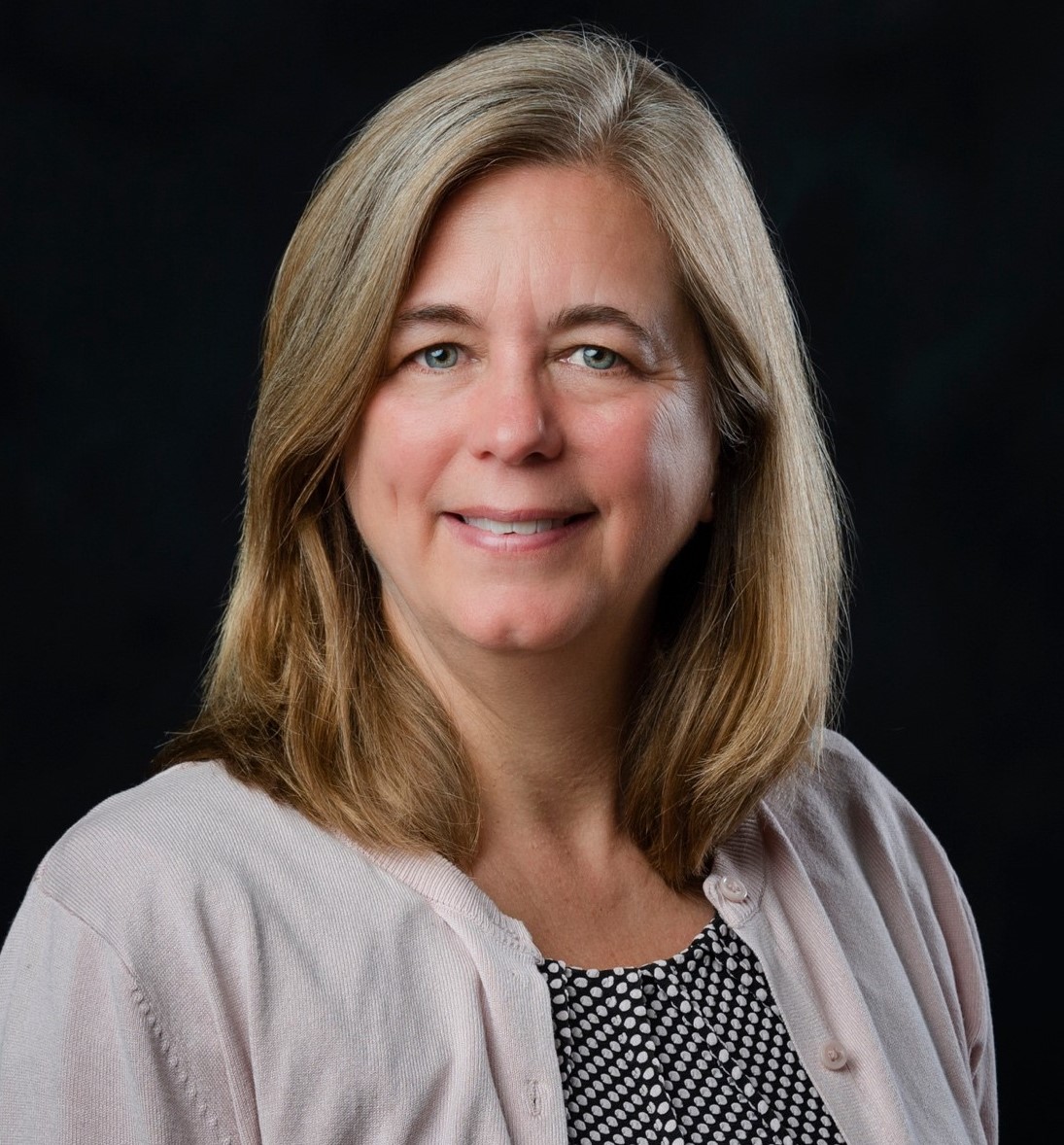 About half of all school districts in the U.S. are in rural places, serving about one in five students (Showalter, et al., 2019). Rural schools can be amazing places to teach, with opportunities for strong family and community connections, and to make a real difference for students.
About half of all school districts in the U.S. are in rural places, serving about one in five students (Showalter, et al., 2019). Rural schools can be amazing places to teach, with opportunities for strong family and community connections, and to make a real difference for students.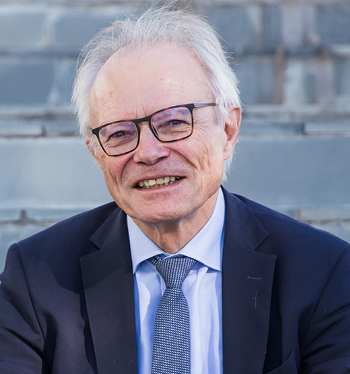 Argument is central to all reasoning. Life is a constant attempt to make sense of one event after another – whether it is why your football team lost, why Walt Whitman is considered a great poet, or whether you should buy an electric car. In all cases, arguments will be made for disparate views which will be supported by reasoning or evidence.
Argument is central to all reasoning. Life is a constant attempt to make sense of one event after another – whether it is why your football team lost, why Walt Whitman is considered a great poet, or whether you should buy an electric car. In all cases, arguments will be made for disparate views which will be supported by reasoning or evidence.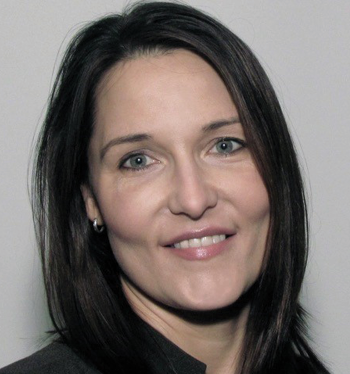
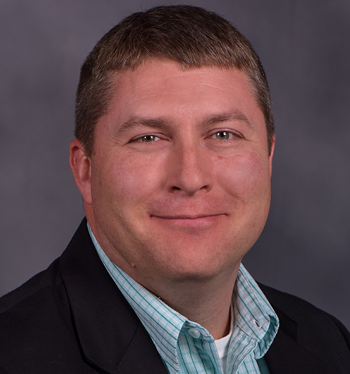 In the spring of 2018, I began recording and studying the use of 360 video for mathematics teacher education with my colleague Rick Ferdig. Following a pilot study, we were fortunate to receive funding from NSF to explore the potential of this medium to facilitate teachers’ professional knowledge and noticing.
In the spring of 2018, I began recording and studying the use of 360 video for mathematics teacher education with my colleague Rick Ferdig. Following a pilot study, we were fortunate to receive funding from NSF to explore the potential of this medium to facilitate teachers’ professional knowledge and noticing.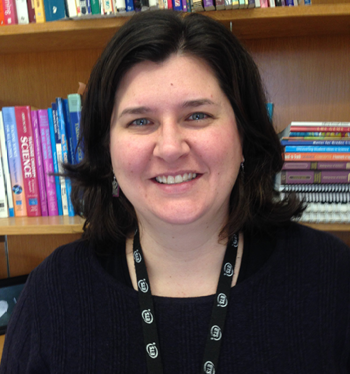 Ensuring that all students have substantive opportunities to engage in equitable sensemaking within STEM classrooms is critically important. But for teachers to learn how to create and maintain this kind of classroom culture, they need opportunities to engage in repeated practice where they can refine their instructional decision-making and capabilities.
Ensuring that all students have substantive opportunities to engage in equitable sensemaking within STEM classrooms is critically important. But for teachers to learn how to create and maintain this kind of classroom culture, they need opportunities to engage in repeated practice where they can refine their instructional decision-making and capabilities.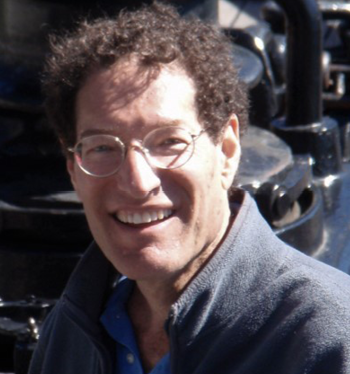 There's an old saying that interesting things happen at boundaries: Where the land meets the ocean, great seaports arise. Where nation borders nation, new cultures and languages arise. And at the thin boundary where earth meets sky, life emerges.
There's an old saying that interesting things happen at boundaries: Where the land meets the ocean, great seaports arise. Where nation borders nation, new cultures and languages arise. And at the thin boundary where earth meets sky, life emerges.